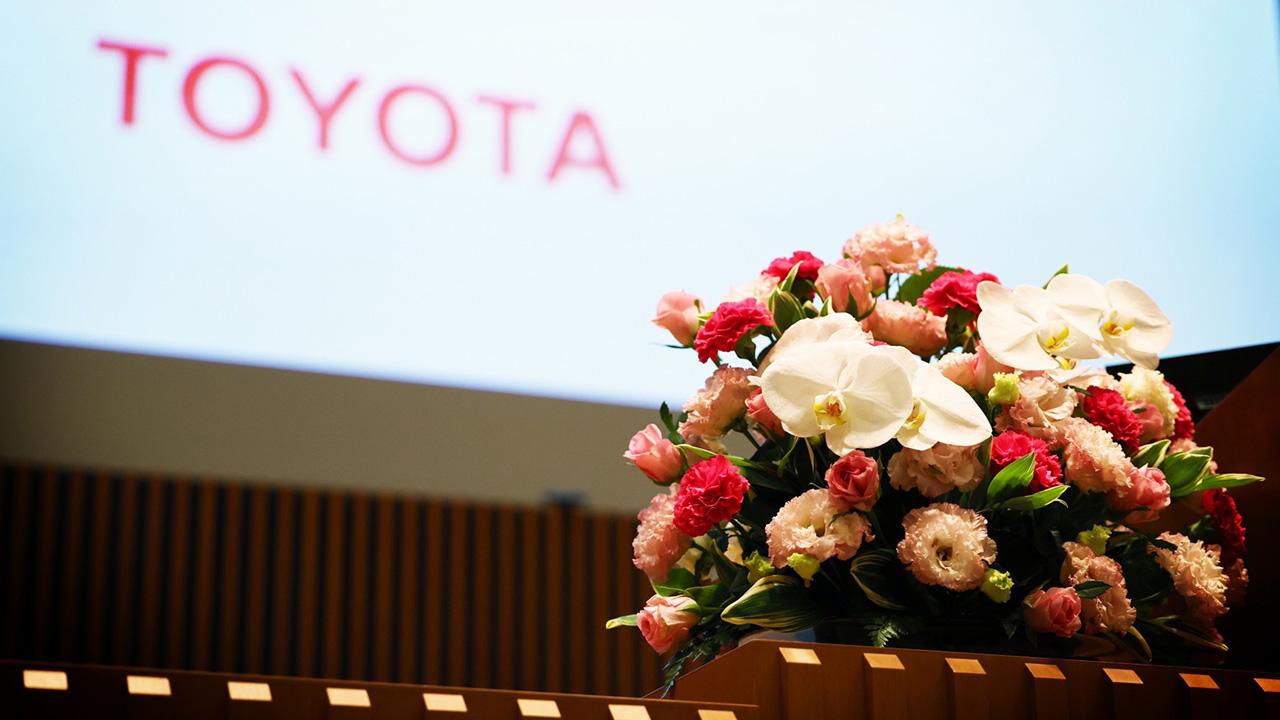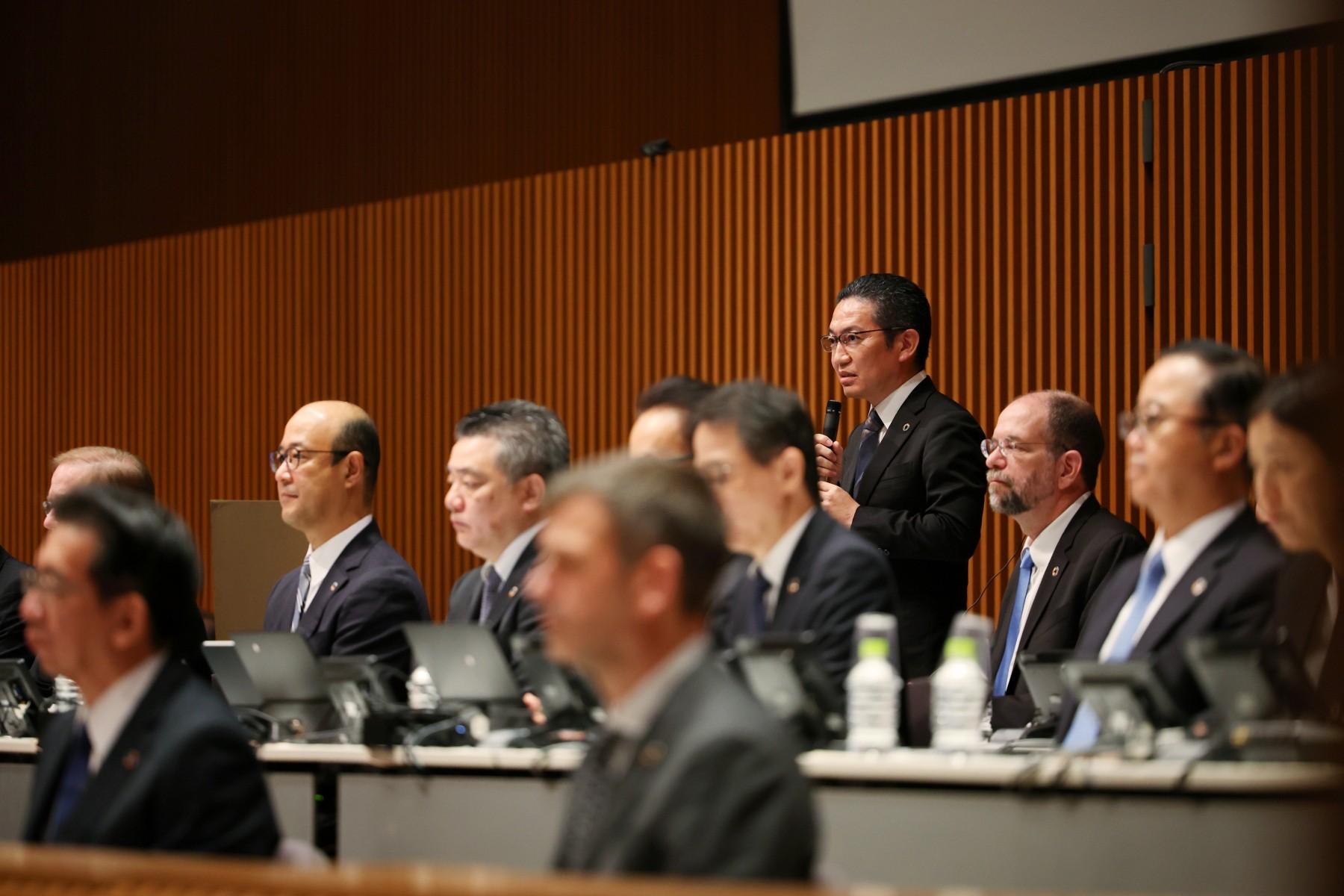
The BEV-loving head of Toyota's new unit fields a rather direct question from shareholders. What is his vision for the team formed in May?

Over the nearly two-hour shareholders’ meeting, Toyota’s leaders fielded 11 questions from those in attendance.
In this article, we highlight the exchange between the company’s management and shareholders over two questions related to carbon neutrality.
The discussions behind the shareholder proposal
As reported ahead of the general meeting, the agenda included Toyota’s first shareholder proposal* in 18 years, with the previous coming in 2005.
*A resolution proposed by shareholders. To be eligible, the shareholder must have held at least 1% of the company’s shares, or at least 300 voting rights, for a minimum of six months. These requirements can also be met by pooling the voting rights of multiple shareholders.
The joint proposal was put forth by a Danish pension fund and other European institutional investors, seeking to amend the Articles of Incorporation to include an annual review and report on Toyota’s lobbying activities and alignment with the Paris Agreement’s global framework for tackling climate change.
Toyota’s board of directors expressed opposition to the proposal, saying that “the ideal state of disclosure changes with time. Generally, the articles of incorporation are intended to define the fundamental details of a corporation and its operations, and are not for stipulating matters related to specific business execution such as those in this shareholder proposal. Therefore, we would like to maintain our current Articles of Incorporation.”
Although the company had clarified its intentions at the meeting’s outset, a shareholder asked about the discussions held with institutional investors. The response was provided by Accounting Group Chief Officer Masahiro Yamamoto, who had visited the investors to engage in dialogue.
Chief Officer Yamamoto

I actually went to speak with the Danish pension fund and other shareholders who were part of the joint proposal.
First, I wish to thank you for all the comments on the information we disclose. This leads to kaizen, and we are very grateful.
However, there were areas where we didn’t agree. We were asked whether continued use of the internal combustion engine (IC engine) would lead to carbon neutrality.
The same comments were made when we declared our carbon neutrality commitment two years ago and when the popular opinion shifted behind electric vehicles (BEVs) as the only carbon-neutral solution.
From the outset, however, Chairman Akio Toyoda has continued to emphasize that “carbon neutrality is not just about cars; we must consider the overall picture of how energy is produced, transported, and used,” and that “while BEVs are of course important, we must prepare a range of options.”
Gradually, a growing number of people have come to embrace this mindset, and we believe that public sentiment has changed considerably.
Denmark has a lot of renewable energy, and EVs can flourish there. However, Toyota is a global company, and there still are many areas with no electricity or charging facilities.
We must begin reducing CO2 emissions from today, not in the future. And to do that, we need a range of options.
The board of directors, along with our executive team and Toyota’s 370,000 employees, are working hard every day to introduce more electrified vehicles, each meticulously crafted.
We hope that you will continue to follow our efforts, and we will do our best to keep you informed of our progress.
In the voting that followed the Q&A session, this proposal was rejected by a majority of shareholders.

